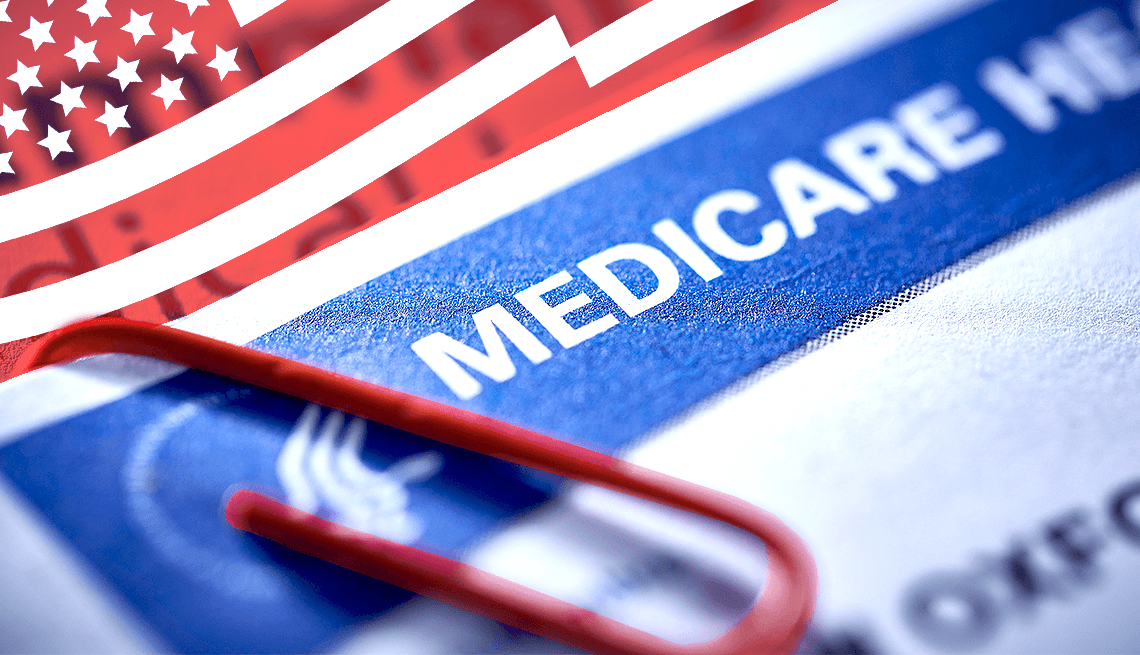
Note: The U.S. government partially shut down on Wednesday, October 1, 2025. This means that nonessential services are closed, workers are furloughed, and those in essential work will not be paid during the closure. This is because the Senate did not approve the continuing resolution approved earlier by the House of Representations to keep funding the government by the deadline.
While healthcare is at the center of the current federal budget debate, some of the changes listed may be modified by negotiations on re-opening the government or by other legislation. So, the changes discussed in this article might not take effect. We will provide updates if there are changes.
Medicare open enrollment starts on October 15 and runs through December 7. During open enrollment, Medicare beneficiaries can make changes to their prescription drug or health plan.
Open enrollment is important because plans change every year. Medicare recipients should receive a Plan Annual Notice of Change in September. This tells the beneficiary of any changes in coverage or cost that will take place. This will help you evaluate if your plan is the best option for you. Pennsylvania’s Medicare Education and Decision Insight is a resource where residents can get help and information on different plans and enrollment.
Open enrollment for Medicare Advantage spans from January 1- March 31. Medicare Advantage is a plan from a private company that often contains extra benefits compared to original Medicare. During this period, you can switch to a different Medicare Advantage plan or an original Medicare plan.
However, with open enrollment approaching, it is important to keep in mind the passage of the Reconciliation Bill (One Big Beautiful Bill Act), which also brings some changes to Medicare. While there are not as many changes here as there are to Medicaid, there are still important ones to be aware of.
The eligibility changes to Medicaid also apply to Medicare. U.S. citizens and lawful permanent residents (after five years) can get Medicare. Cuban and Haitian refugees and those residing under the Compact of Free Association are also eligible. These changes will take place on January 1, 2027.
The new law also adjusts the policy on Medicare price negotiations with orphan drugs. Previously, the Department of Health and Human Services could not negotiate with pharmaceutical manufacturers the price Medicare paid for orphan drugs. Orphan drugs are medications designed to treat a rare diseases or conditions. Now, if an orphan drug can be used to treat one or more rare diseases and conditions, its price cannot be negotiated. This will likely result in higher drug prices for the most expensive medications.
Finally, the new law delays the effect date of a 2023 law that attempted to make enrollment in the Medicare Savings Program (MSP) more accessible. MSP can help pay premiums, deductibles, coinsurance, and copayments. This law, which would have helped auto-enroll individuals in MSP, will take effect on September 30, 2034. The delay will end up saving the government money, but make harder to get. It is still possible to apply for MSP through the state. If your monthly income is below 135% of the poverty line, and your resources total less than $9,660 if single and $14,470 if married, you are eligible for MSP.

